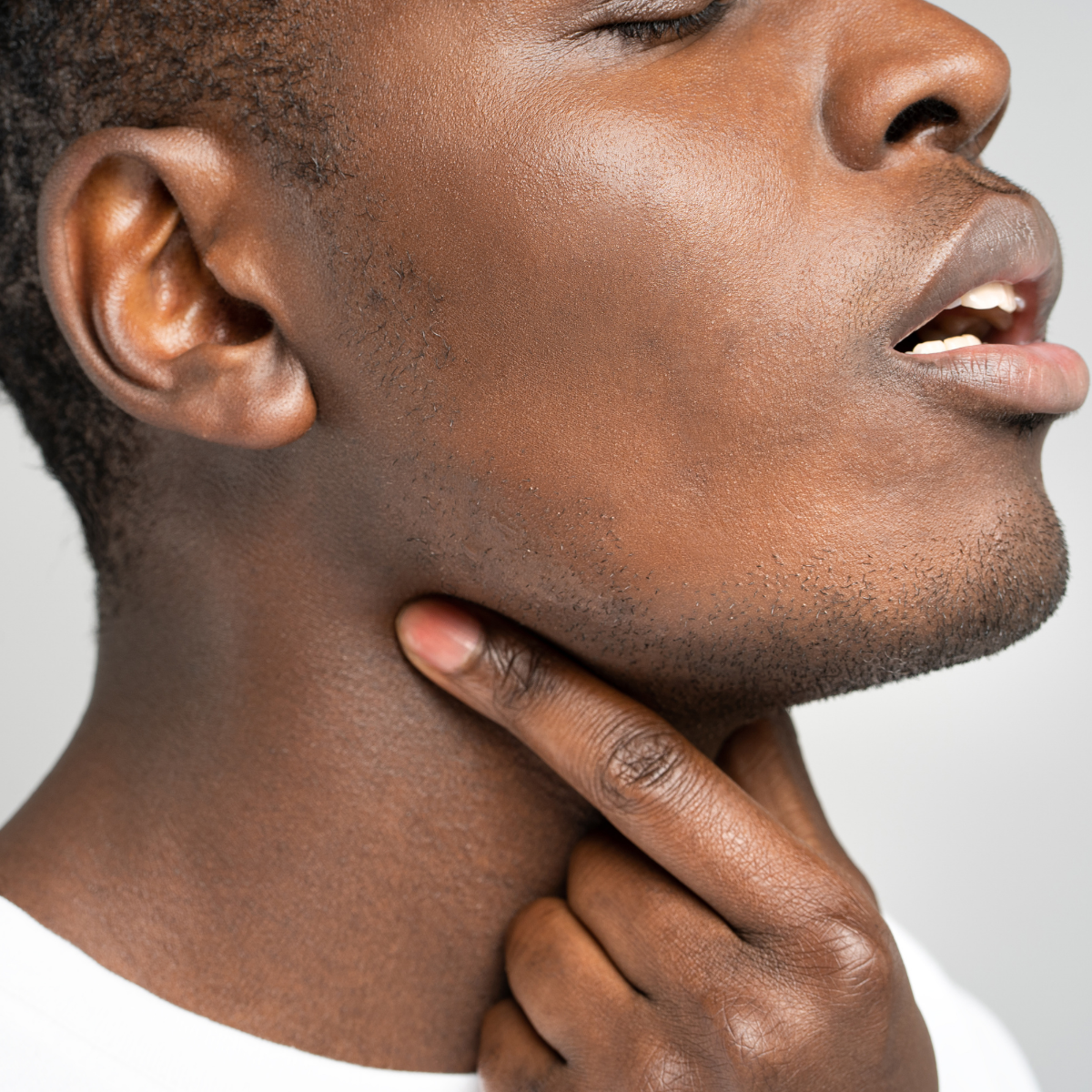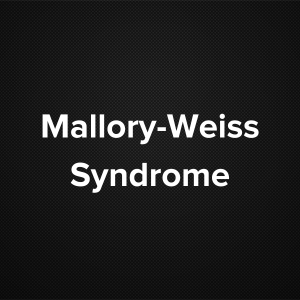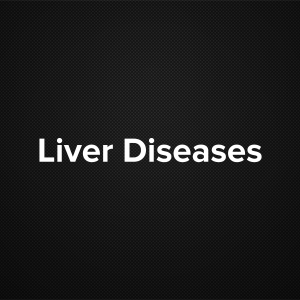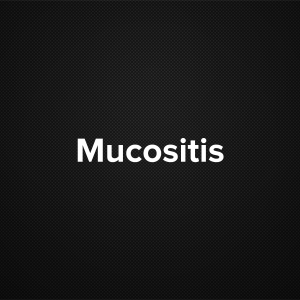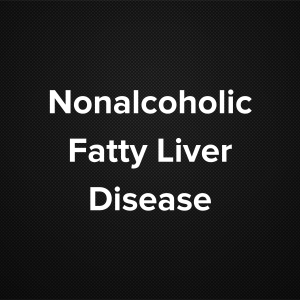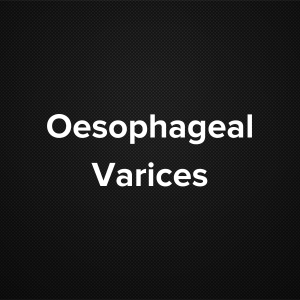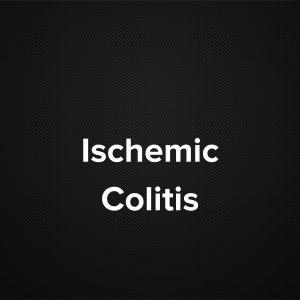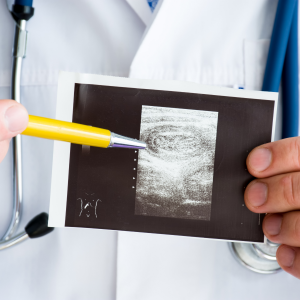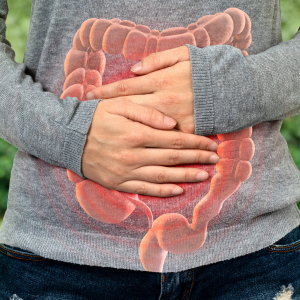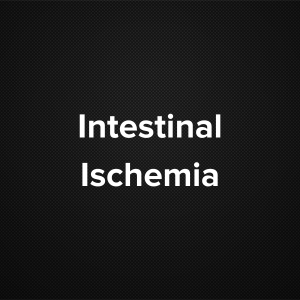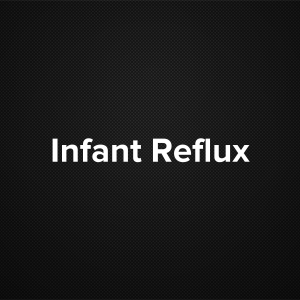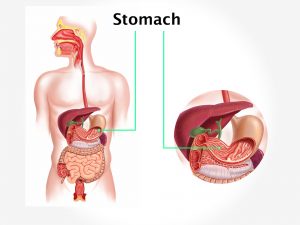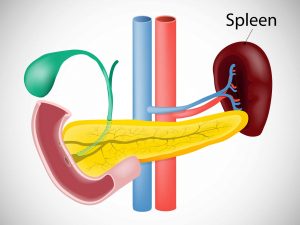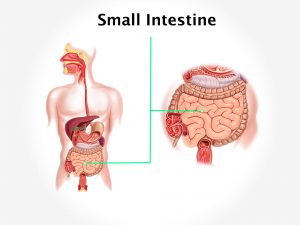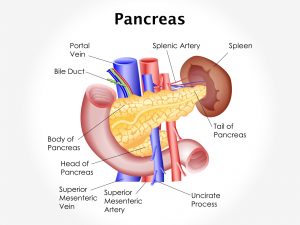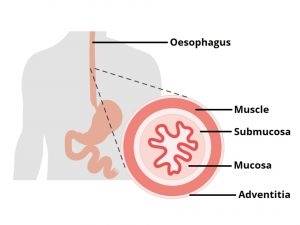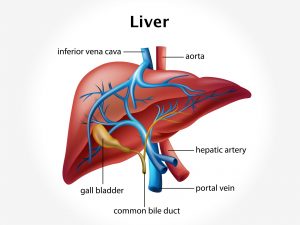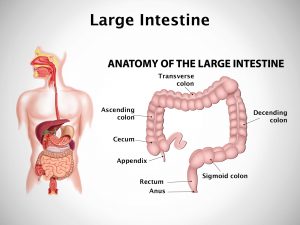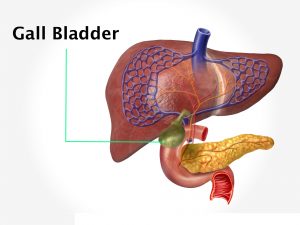Causes and risk factors:
Inflammation of the esophagus is mostly caused due to infection. Infection can be caused due to bacteria, fungi or viruses. Candida and herpes infection is more commonly prevalent. People with weak immune system and those undergoing radiation therapy for cancer are at high risk of developing esophagitis. Back flow of acid from stomach into the esophagus (acid reflux) is another common condition causing esophagitis. This acid reflux causes damage to the lining of the esophagus. Hernia, achalasia, and gastro esophageal reflux disease are some of the common diseases causing esophagitis. Drinking alcohol, smoking, excess intake of rich and fatty food, certain medications and bariatric surgery are some of the other contributing factors.
Clinical presentations:
Patients usually comes up with complaints of heart burn, a burning sensation and discomfort right from esophagus to epigastric region is felt. Bad taste and bad odor from mouth occurs. Nausea and vomiting along with difficulty in swallowing is seen. The complaints are aggravated after meals. A few comes up with symptoms like abdominal pain, discomfort, distention or bloated feeling. Indigestion and rancid eructation’s can be other associated complaints seen.
Diagnosis and investigations:
Diagnosis can be made on the basis of the symptoms narrated by the patients and the physical examination carried out by the doctor. Barium meal X ray and endoscopy are the diagnostic investigations. Certain other investigations can also be done to rule out other causes.
Treatment:
Treating the underlying cause is the main line of treatment. In cases of infection antibiotics are started. Antacids are prescribed. In cases if the conservative line of treatment fails Fundoplication is adopted. Changes in lifestyle are necessary. Frequent intake of small meals, avoiding excess of fatty and rich food, fried food, limiting the intake of alcohol, tobacco, smoking, coffee and tea, are certain measure to be adopted.
Other Modes of treatment
The other modes of treatment can also be effective in treating esophagitis. Homoeopathy is a science which deals with individualization considers a person in a holistic way. This science can be helpful in combating the symptoms. Similarly the ayurvedic system of medicine which uses herbal medicines and synthetic derivates are also found to be effective in treating the complaints.
